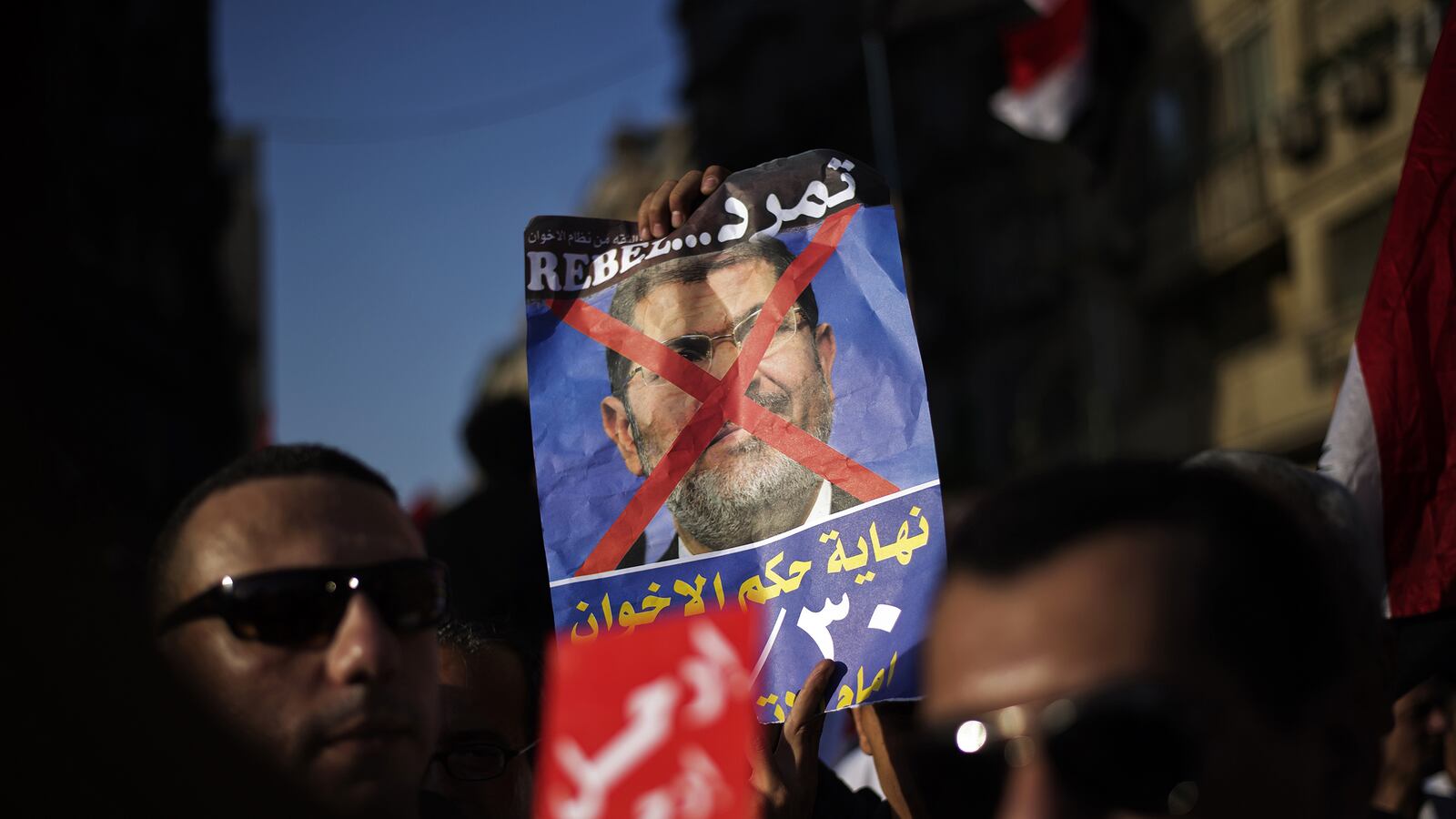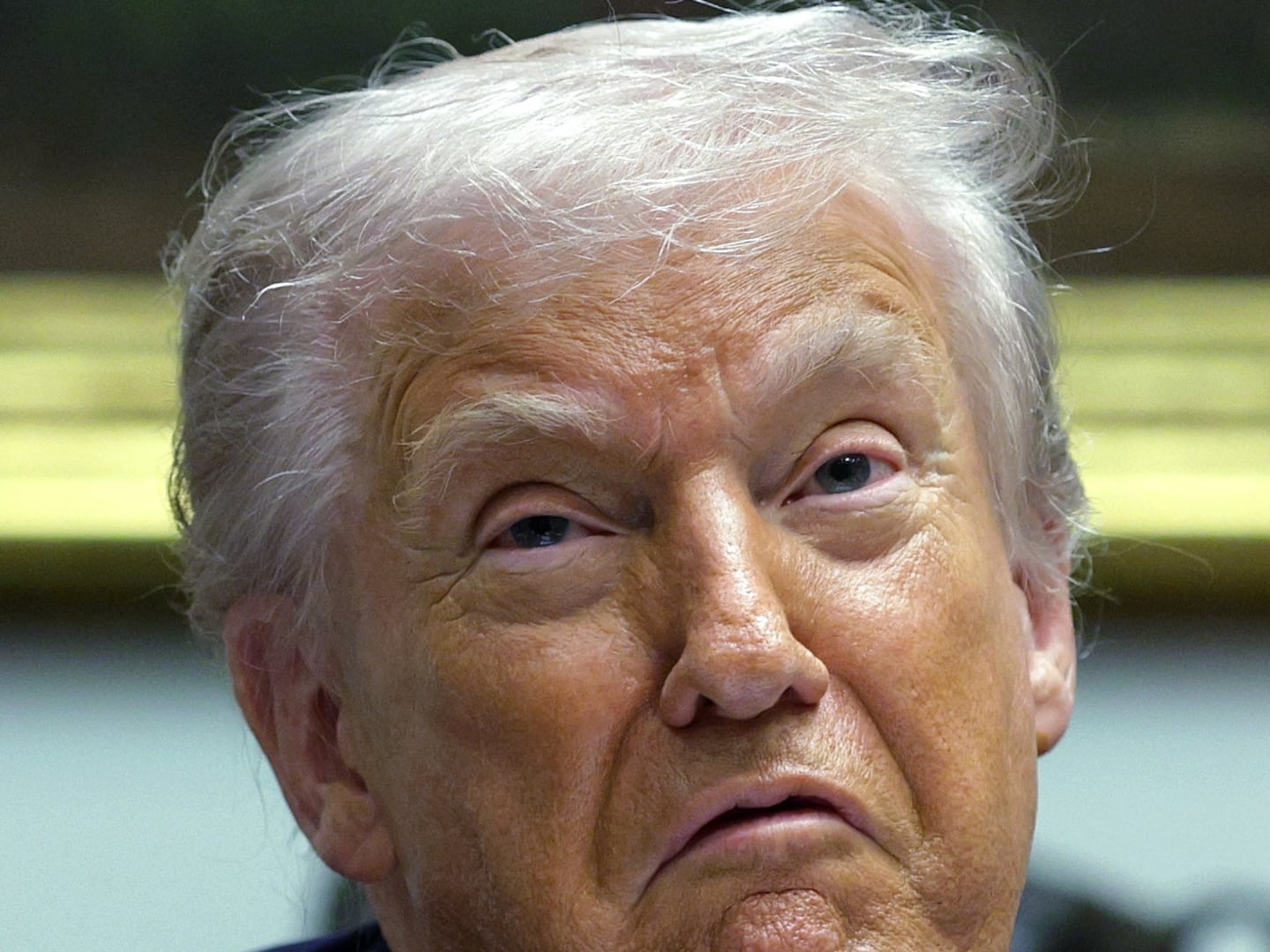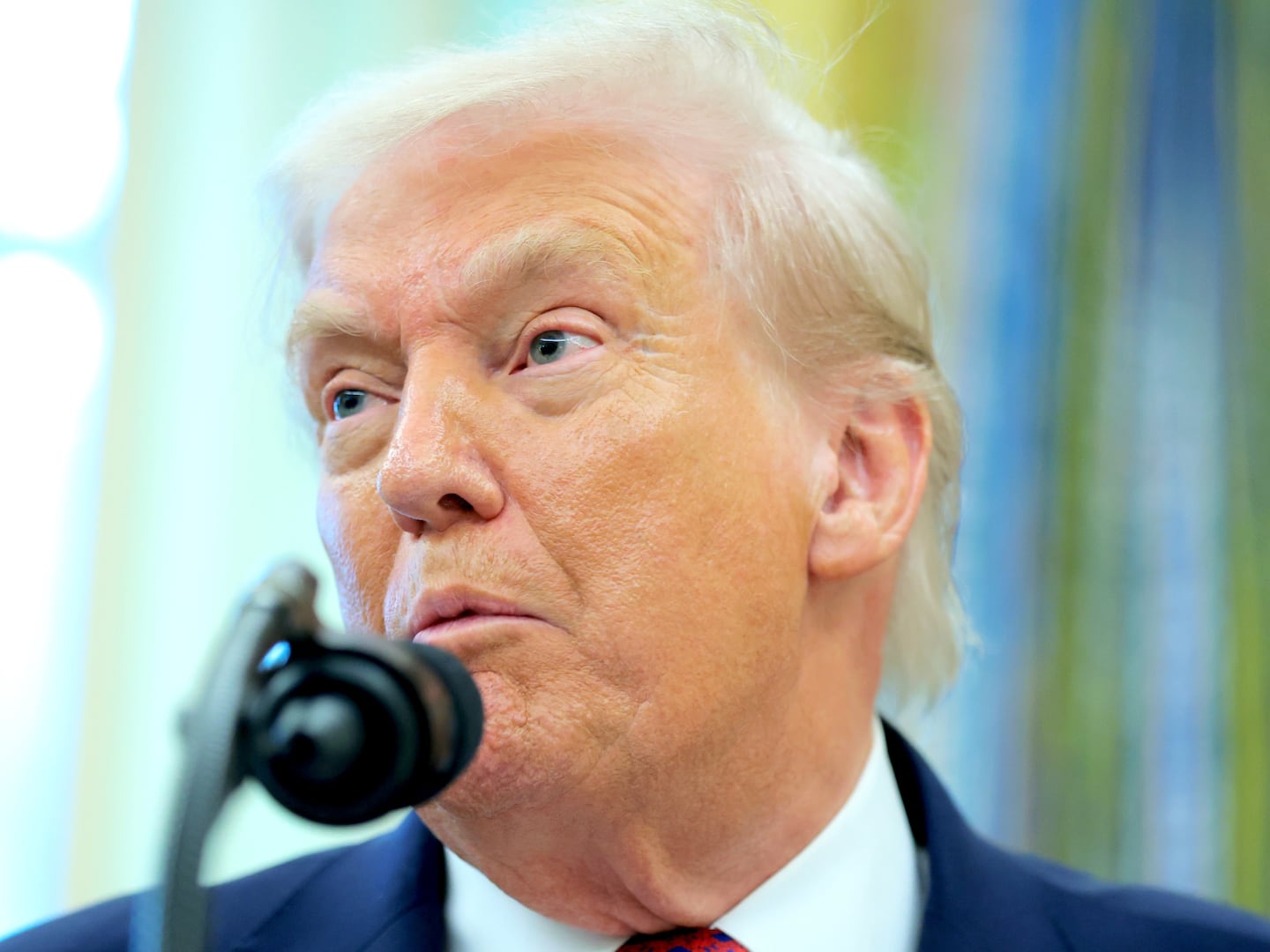Before the campaign for the June 30 protests that ousted Egypt's president Mohamed Morsi, the small cadre of activists leading the charge were little known. They were young, many of them struggling journalists. And though they’d been protesting since the days of Morsi’s predecessor, Hosni Mubarak, they’d missed the wave that swept many of their colleagues to prominence in the Arab Spring.

As their push against Morsi gained steam over the last two months, however, many of Egypt’s established activists fell into line behind them.
Called Tamarod, or “rebel,” the campaign started as a signature drive demanding fresh presidential elections. But it quickly transformed into a country-wide effort to force Morsi from power. As Tamarod’s volunteers canvassed the country, veteran activists joined the effort. Egypt’s opposition parties—where many of these activists were central players—did the same.
Dissent against Morsi and his Muslim Brotherhood had been spiraling since late last year, amid charges that Morsi was driving the country toward religious rule and becoming authoritarian. Campaigns and protests against him were commonplace. But Tamarod, according to veteran activists who joined its push, had two important advantages that helped it succeed where others had failed.
First was the relative anonymity of Tamarod’s leaders. They were fresh faces without the baggage of two years of animosity and infighting among the opposition. This made it easier for other activists—as well as regular Egyptians—to unite behind them.
And second, Tamarod organizers accepted the idea that if they could apply enough pressure against Morsi on the street, the army might step in to remove him from office.
Before Tamarod, the mainstream opposition had been hesitant even to make clear calls for Morsi’s removal, focusing instead on things like forming a consensus government. “People felt that the opposition didn’t have a way to give them an answer,” says Hossam Moenes, a youth leader with the Egyptian Popular Current, a powerful political group, who worked closely with Tamarod.
Anti-Morsi sentiment was already widespread enough to help Tamarod go viral—as the group’s volunteers hit the streets, many Egyptians just downloaded the signature form from its Web site and passed it around themselves. The opposition was pushing reform, Moenes says, “while the rest of the people were saying that the real problem was that Mohamed Morsi was the head of the government.”
But it was clear from the start that no matter how strongly he was challenged, Morsi would never relinquish the presidency. He still retained strong support among his Islamist base. And he’d responded to the growing opposition by digging in and working to tighten his grip on power.
Many anti-Morsi activists, however, remained highly suspicious of the one force in Egypt that could execute Morsi’s ouster—the powerful military. Some blamed the army for backing decades of authoritarian rule under Mubarak and his predecessors. And when the army’s top generals, known as the Supreme Council of Armed Forces (SCAF), took custodianship of Egypt after Mubarak, it faced widespread allegations of abuse and mass protests from those who worried it would never relinquish power.
After Morsi became Egypt’s first democratically elected president last June, the army remained free from civilian oversight, its sprawling economic interests untouched. In a December interview, shortly after Morsi and his allies pushed through a new constitution, one senior official from his political party admitted that they’d given the army more or less whatever it wanted, in hopes of keeping the general's happy.
Even among Morsi’s staunchest opponents there was a reluctance to bring the army back onto the political scene. “We passed through two years [of revolution], and most of the activists had problems with the army,” says Ziad Elaimy, a veteran of the anti-SCAF battles who helped with Tamarod's campaign.
But as Morsi became more entrenched, Elaimy says, “some of the activists started to believe that it’s a necessity to get closer to parts of the state, and some of those parts were the security state.”
Tamarod “succeeded where we failed,” Elaimy adds. “They were the only people who were able at that time to say: ‘we trust the military.’ And they were the only group who believed it at the time. They trust the army.”
In interviews, several key Tamarod leaders and organizers stressed this trust repeatedly. While there had been problems with the SCAF, they said, the generals had learned their lesson, and the senior commanders who’d once drawn the protesters’ ire had been pushed into retirement by Morsi anyway, replaced by a younger generation.
The army as an institution, they said, could be trusted to serve “the people,” as they regularly put it. They believed this idea had been borne out by recent events. After millions protested, the army acted, they said, insisting that it was the protesters who were leading the charge. “The problem with the army was not with the army. It was with the SCAF,” Mahmoud Badr, the Tamarod co-founder who has become the group’s face in recent weeks, said on the eve of Morsi’s ouster. “We were against some policies of the SCAF, of course, but we believe in the army.”
“The army is an Egyptian army,” says Badr’s uncle, Amr Badr, whom Tamarod organizers call the “godfather” of their movement. “And it takes the side of the people.”
This is a view shared by many Egyptians. “Many of the liberals in the anti-Morsi wings do not trust and do not like the military,” says Paul Sullivan, a Middle East expert at Georgetown. But they are in the minority, Sullivan adds. “Most Egyptians right now seem to think of the military as part of the solution, not part of the problem. Egyptians in the main respect the army more than the Muslim Brotherhood.”
As the popular liberal blogger and activist who goes by the handle Big Pharaoh puts it: “I started to realize that it was only us, revolutionaries and activists, who were at odds with the army. The majority of Egyptians had no problem with the army, even during SCAF’s rule. June 30 was an eye-opener to me. We were living in our own bubble.”
As the protests approached, Tamarod’s embrace of the army remained controversial among some of the activists who signed onto its push, first informally and then as part of a “June 30” coalition that brought activists and political parties together with Tamarod in the lead.
Some were suspicious that Tamarod might be taking cues from the military behind the scenes—before Morsi’s ouster, one source in the June 30 coalition worried that parts of Tamarod’s road map for a transitional government were “coming straight out of the intelligence office.” And he said some activists were uneasy at their new role of keeping to the background while Tamarod led the charge. “The political groups on the ground wanted to have a real discussion with Tamarod for the last months. And we weren’t able to,” he said. “Let’s be frank, we’re not in the driver’s seat.”
But he decided that the goal of ousting Morsi superseded any concerns about the army. Other critics came to share that stance. “Even the people who were [skeptical of the generals] were understanding of the fact that the army would be there,” says Nasser Abdel Hamid, an activist in the June 30 front. “The difference is that some of us were admitting this, and putting it into context. Because it goes without saying that we all want to have a civilian country. Also, people understand that in all types of revolutions around the country, the army has a role.”
Even with Morsi gone—and the generals stressing a commitment to civilian rule—some activists continue to view the army with a skeptical eye. Moenes, the Popular Current youth leader, says he still doesn’t trust the army. But he thinks the struggle against the military should be put on hold for now, to be resumed once the country’s fledgling democratic powers can put up a better fight. “We will face that for sure,” he says. “What we need to do now is to delay that fight until we have a real civilian authority representing the revolution.”
With reporting by Maged Atef






